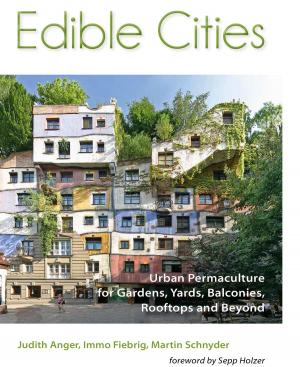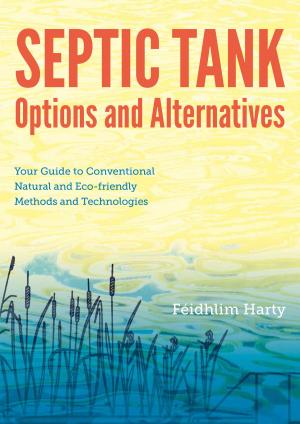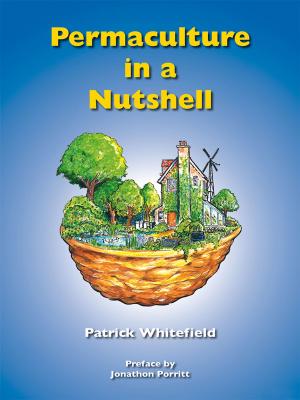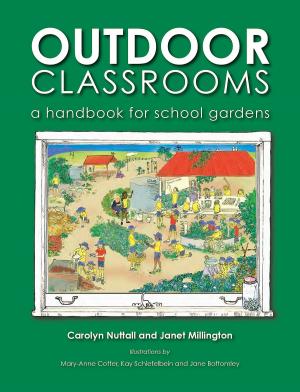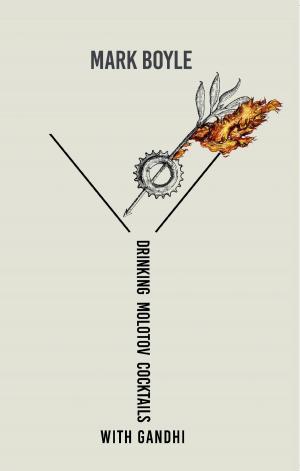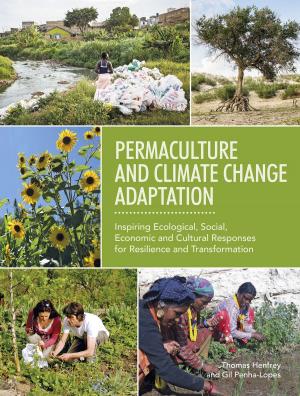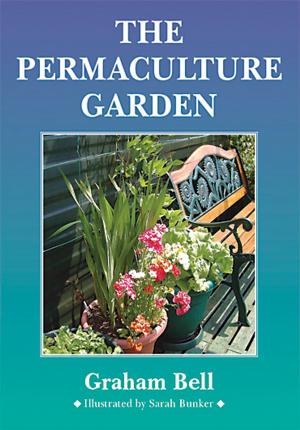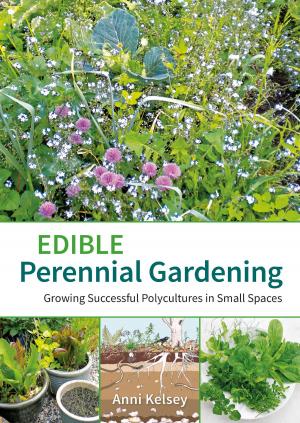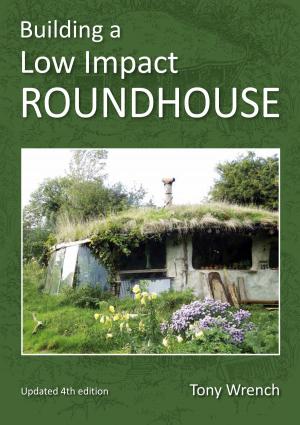Earth User's Guide to Teaching Permaculture
Nonfiction, Reference & Language, Education & Teaching, Educational Theory, Adult & Continuing Education, Science & Nature, Technology, Agriculture & Animal Husbandry, Teaching, Teaching Methods| Author: | Rosemary Morrow | ISBN: | 9781856231473 |
| Publisher: | Permanent Publications | Publication: | April 28, 2014 |
| Imprint: | Language: | English |
| Author: | Rosemary Morrow |
| ISBN: | 9781856231473 |
| Publisher: | Permanent Publications |
| Publication: | April 28, 2014 |
| Imprint: | |
| Language: | English |
Permaculture Design is a powerful tool for creating systems that meet our human needs but also support the ecosystem as a whole. It applies ecological principles to designing gardens, farms, community projects, even entire human settlements. The standard 72 hour Permaculture Design (PDC) course is taught all over the world to: farmers, gardeners, design professionals and world changers who want to practically create a healthier, more equitable planet.Rosemary Morrow offers evidence for permaculture’s effectiveness and describes each unit of the PDC’s curriculum. This fully revised and updated edition contains a wealth of technical information for teaching permaculture design and includes new findings in emerging disciplines such as regenerative agriculture. The Earth User’s Guide to Teaching Permaculture is of key relevance to teachers and students of architecture, landscape design, ecology and other disciplines like geography, regenerative agriculture, agro-ecology and agroforestry, as well as permaculture design. It leads the reader step by step through a recommended course structure, providing a flexible approach which encourages the adaptation of the materials for specific bioregional and cultural conditions. With advice on teaching aids, topics for class discussion, extensive reading lists and tips on teaching adults, this book is bound to be an invaluable friend to the experienced and novice teacher alike.
Permaculture Design is a powerful tool for creating systems that meet our human needs but also support the ecosystem as a whole. It applies ecological principles to designing gardens, farms, community projects, even entire human settlements. The standard 72 hour Permaculture Design (PDC) course is taught all over the world to: farmers, gardeners, design professionals and world changers who want to practically create a healthier, more equitable planet.Rosemary Morrow offers evidence for permaculture’s effectiveness and describes each unit of the PDC’s curriculum. This fully revised and updated edition contains a wealth of technical information for teaching permaculture design and includes new findings in emerging disciplines such as regenerative agriculture. The Earth User’s Guide to Teaching Permaculture is of key relevance to teachers and students of architecture, landscape design, ecology and other disciplines like geography, regenerative agriculture, agro-ecology and agroforestry, as well as permaculture design. It leads the reader step by step through a recommended course structure, providing a flexible approach which encourages the adaptation of the materials for specific bioregional and cultural conditions. With advice on teaching aids, topics for class discussion, extensive reading lists and tips on teaching adults, this book is bound to be an invaluable friend to the experienced and novice teacher alike.

